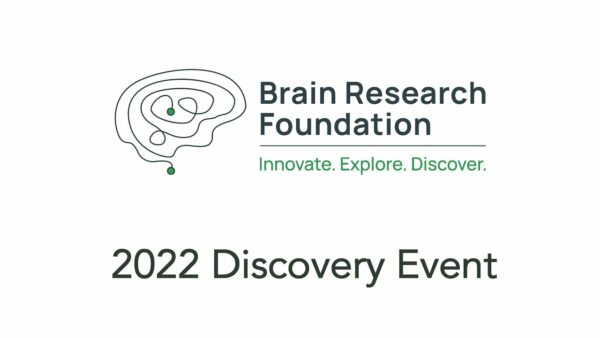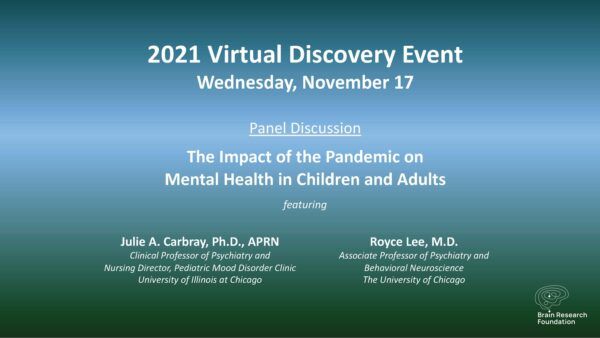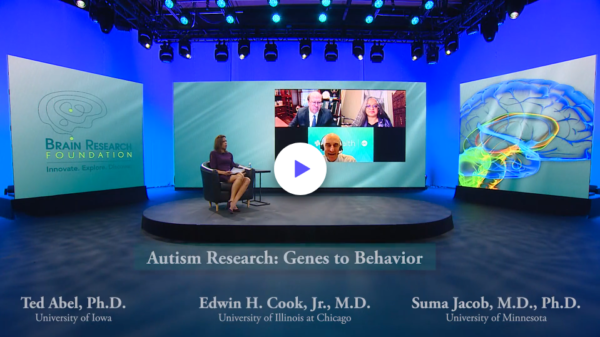A panel at The BRF discusses a clinical trial that will not only help people with paralysis but also possibly those with strokes or ALS. The intention is to expand the fundamental comprehension of the brain and its functioning.
This clinical trial encompasses testing people with paralysis using a brain-machine interface. The goal is to restore movement and touch.
Nicholas Hatsopoulos, Ph.D., began paving the way for the clinical trial in 2002 with seed funding from the BRF. In 2008 he received further funding to continue. His preparation involved building up his laboratory in preparation for the discovery of how the brain’s motor cortex works to move the arm and the hand. The study was set up to understand the language the brain uses to send signals to control the arm and hand. Non-human primates were used for this trial. The purpose is to decode the brain’s message and convert it into a mechanical device to use by someone whose brain understands the message but cannot decode it to create the necessary movement.
Further funding was utilized to understand how the healthy functioning brain operates to get the signal decoded. This was the first stage of the trial.
The University of Pittsburgh was the first collaborative partner to assist in decoding motor cortex signals and provide artificial touch sense. This novel aspect of the trial involved the sum of seven million dollars. Various multi-disciplinary neurological specialists were on board, including psychiatrists, computer scientists, neurological surgeons, and a bio-medical engineer, John Downey, Ph.D., whose role was to bring together the worlds of basic science and understanding of biology and mix it with the complex engineering disciplines. In this study, Downey’s role was to extrapolate the message from the soft cells and convey them to an engineered robotic mechanism.
Scott Imbrie was the participant in the study. In a car accident, he broke his neck some years ago and agreed to participate in the study. He did so to be able to help other people who had also experienced similar traumas.


